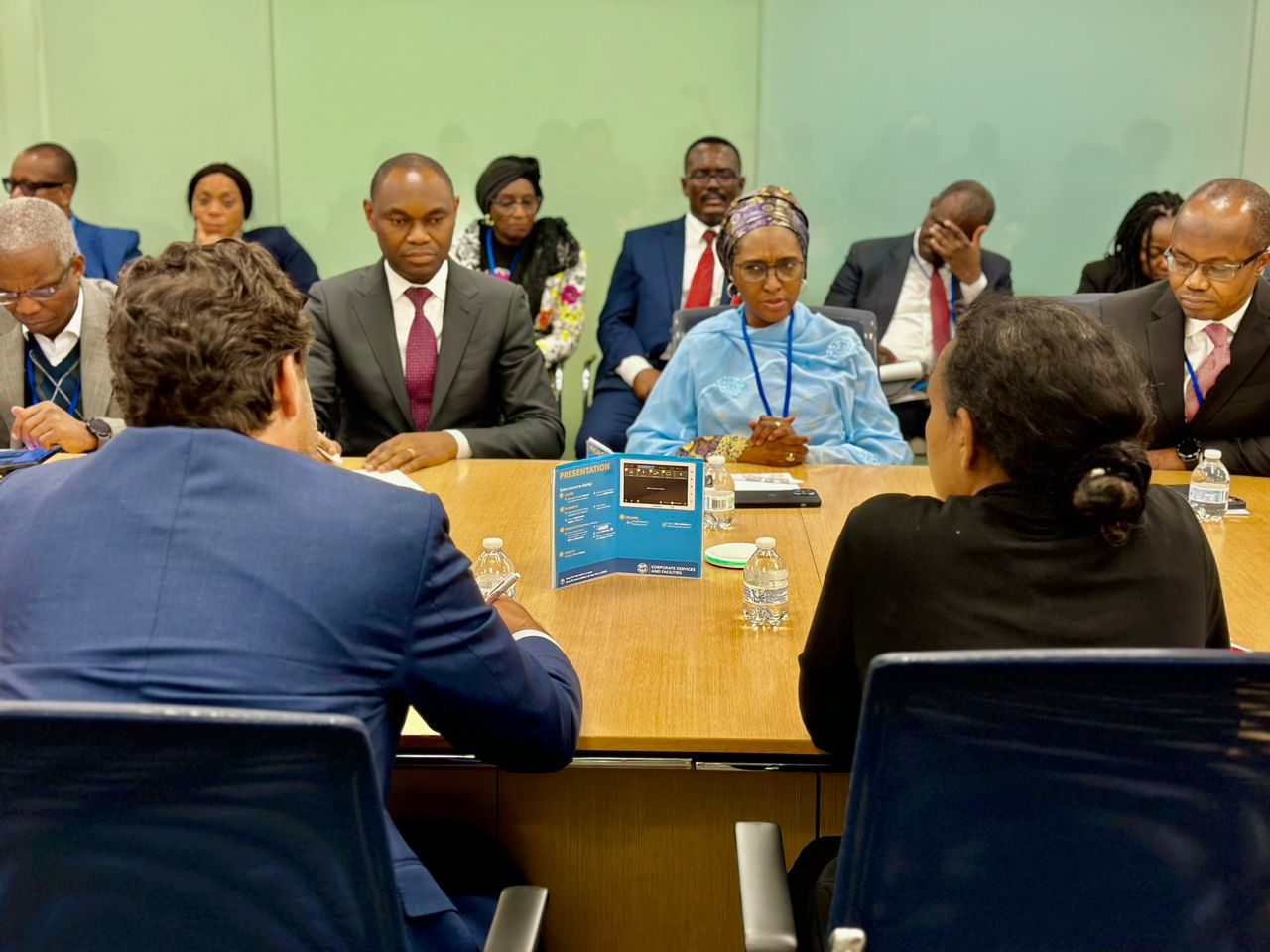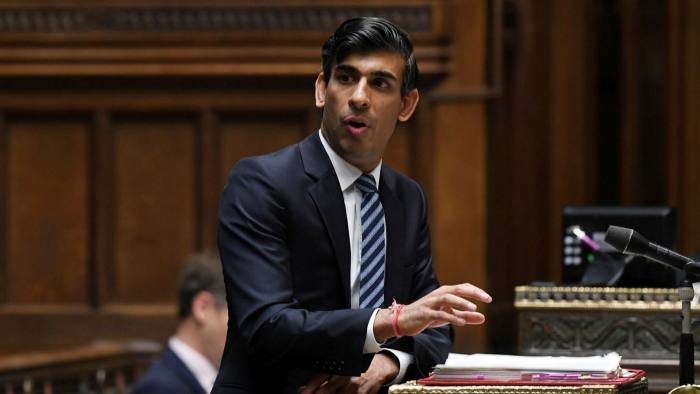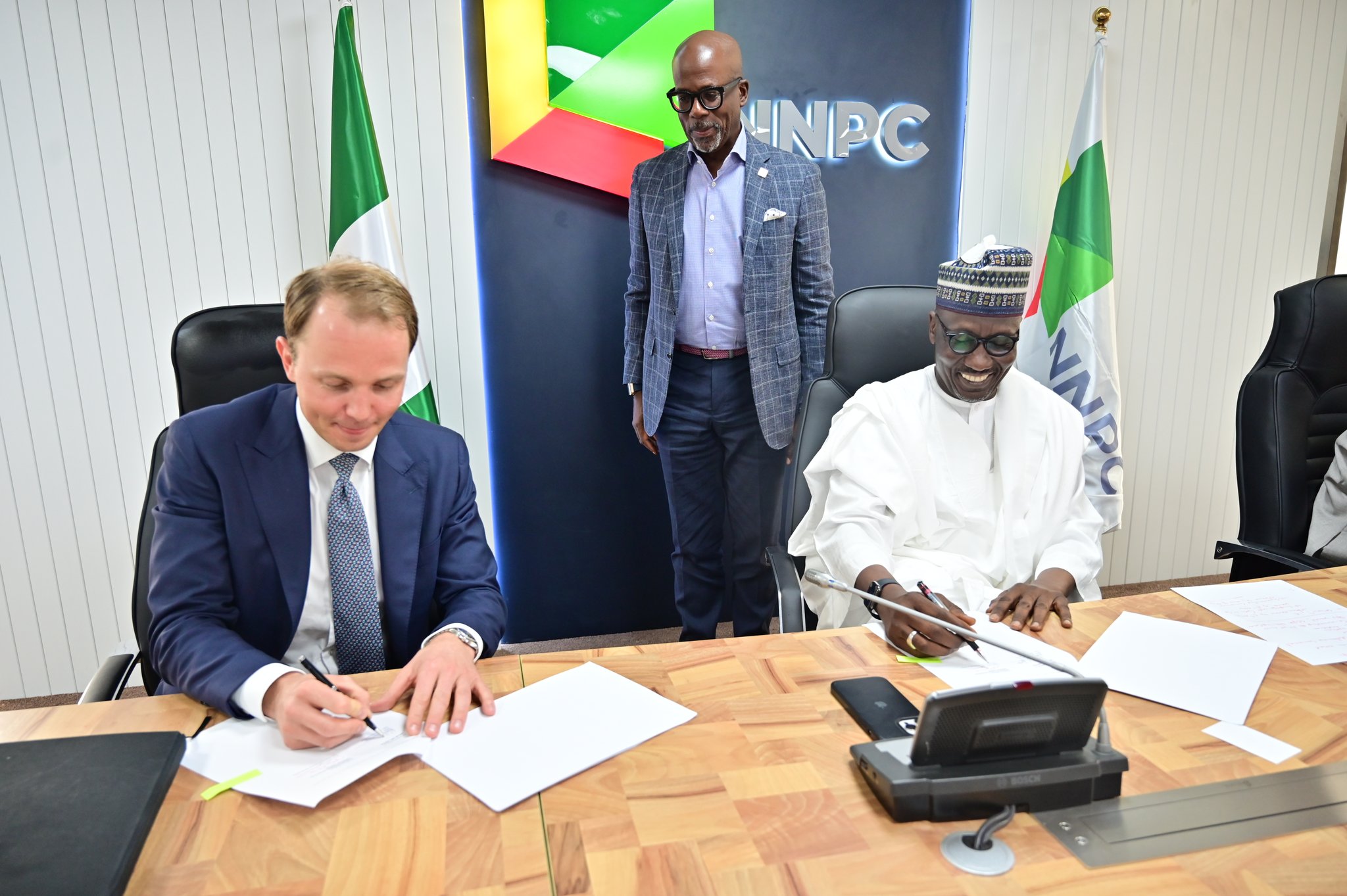Open Alliance, a group of civil society organisations (CSOs), says the federal government must shun borrowing for consumption and invest in enterprises in order to pay its debts.
In a statement on Thursday, the group raised concerns over the $800 million post-subsidy palliative fund received from World Bank, as well as other economic-related lapses by the government.
Earlier in April, the federal government announced that it secured an $800 million loan from the global bank, as part of its subsidy removal palliative plans.
The loan, which was approved by the World Bank on December 16, 2021, is meant to be disbursed to over 50 million poor Nigerians.
Advertisement
Speaking on the fresh borrowing, the CSOs expressed worries over the loans and raised concerns about the implementation of the funds.
They group also highlighted the previous funds obtained from the global bank and how the government seems to be lagging in repayments, as well as the need to focus more on consumption rather than investments.
According to the CSOs, in 2017, Nigeria received a $500 million loan from the World Bank under the National Social Safety Nets Project (NSSNP) which was targeted at vulnerable households.
Advertisement
But as of February 2023, the group said Nigeria had only repaid a principal amount of $12.1 million which includes interest, charges, and fees summing up to $19.7 million.
“It is essential to note the aforestated loan ($800 million) is the second phase of NSSNP that commenced in 2017,” the statement reads.
“Section 41 of Nigeria’s fiscal responsibility act mandates the government at all levels to only borrow for capital projects and human capital development.
“Nigeria’s situation has worsened across several development indicators despite the funds deployed. While 133 million Nigerians were adjudged to have been multidimensionally poor in 2022, Nigeria’s out-of-school children have risen to about 20 million.
Advertisement
“It’s important to note that in 2016, the government budgeted a sum of N500 billion to be distributed to the vulnerable and poor under the social investment program. The results, as seen between 2018 and 2019, show the level of poverty rose from 39.1 percent in 2018 to 40 percent in 2019 and 63 per cent in 2022.
“Seeing that Nigeria has begun to repay the principal and interest on the $500 million loan acquired in 2017 and is on the verge of obtaining another $800 million for cash transfers, it is crucial to evaluate the justification, appropriateness, and effectiveness of these sorts of multilateral loans and its implication for the fiscal sustainability of a country that is already neck-deep in a fiscal crisis.”
‘NSR SHOULD BE MADE PUBLIC’
The CSOs also said expressed concern about the monitoring and evaluation framework in place for the cash transfer program.
Advertisement
Hence, they advised that the national social register (NSR), which warehouses the details of beneficiaries of the cash transfer program, be made public.
”This will aid accountability groups like Open Alliance to ensure that interventions like this get to the intended beneficiaries,” the group said.
Advertisement
“Thirdly, considering the devaluation risk of such an endeavour, we are shocked that the federal government would take a foreign debt to distribute “palliatives” to Nigerians. Why would Nigeria borrow in foreign currency for consumption purposes? Did we learn lessons from the foreign debt crisis settled in 2005, which provided significant case to Nigeria’s macroeconomic environment?
“Considering the magnitude of expenditure inefficiency and the amount of waste in the budget. Social protection programs like the NSSNP should rather be funded with savings from blocking revenue leakages, eliminating waste, and ending inefficient subsidies like the petrol subsidy.”
Advertisement
‘SHUN BORROWING FOR CONSUMPTION’
The group further cautioned the global bank of its action.
Advertisement
Open Alliance also the federal government to consider its action of borrowing, as it is at the expense of the citizens’ lives.
“We admonish the World Bank to live up to its name of being the World’s Bank by lending responsibly to already impoverished, fiscally challenged countries like Nigeria and involving citizens and other accountability actors in their decision-making process.
“Anything short of this will further impoverish Nigeria and provide the enabling environment for state capture.
“As a matter of urgency, the Open Alliance calls on the Nigerian government to review this action as it does not mean well for the citizens of Nigeria. The Open Alliance encourages the government to cut its appetite for borrowing, as 96 percent of Nigeria’s revenue is already used to service debts.
“The Open Alliance has clarified that the Nigerian government must shun borrowing for consumption and invest in enterprises that can repay the debts.”
Add a comment






